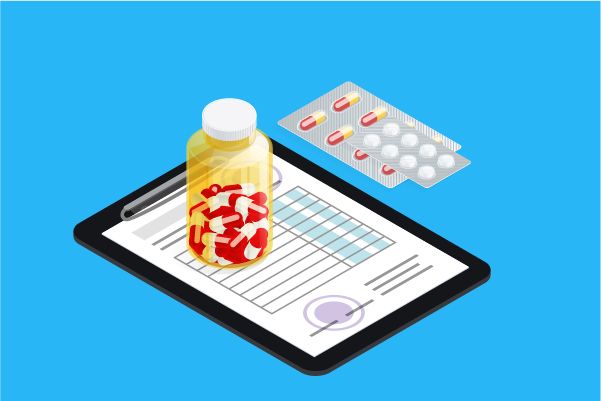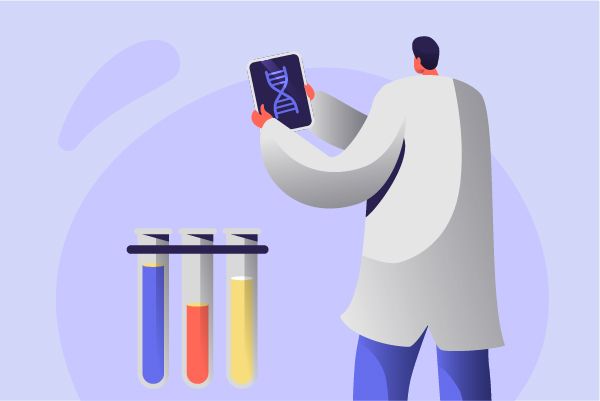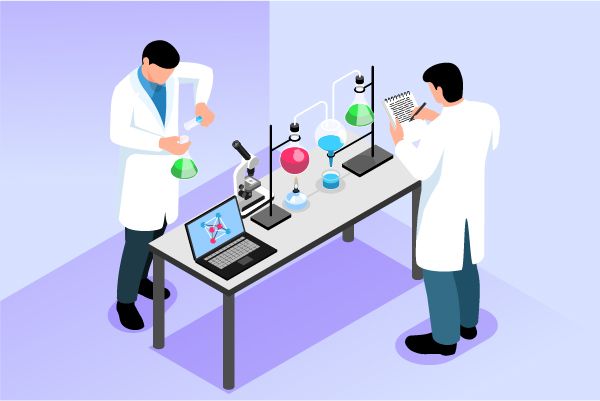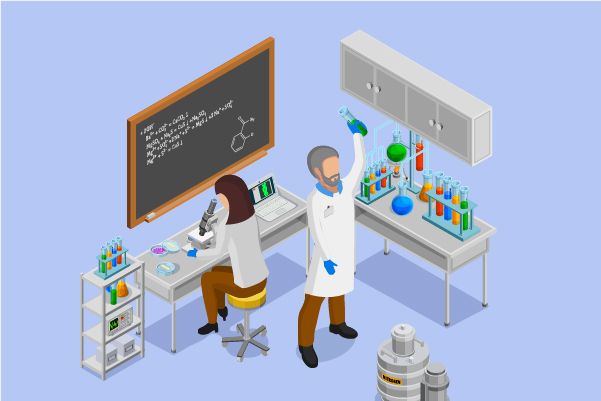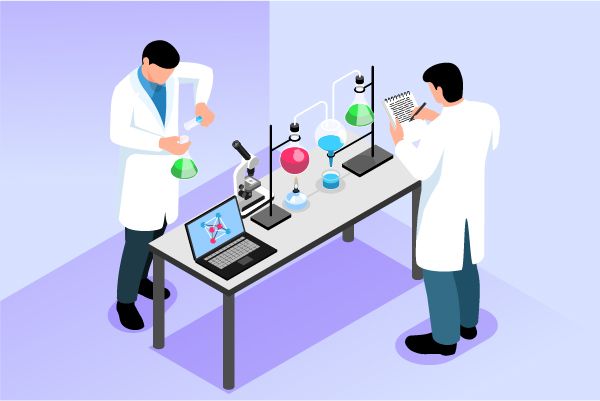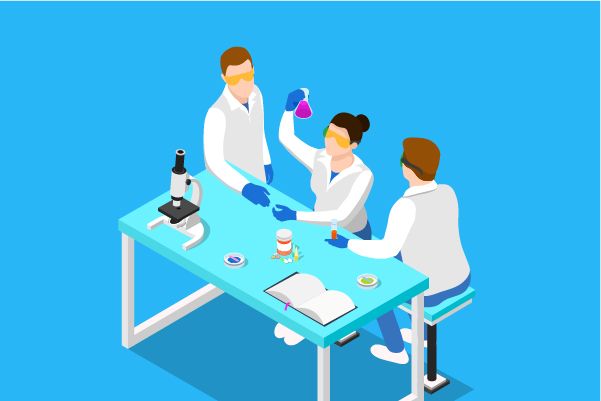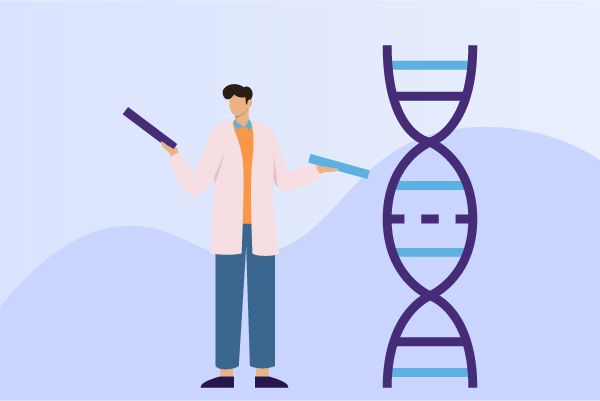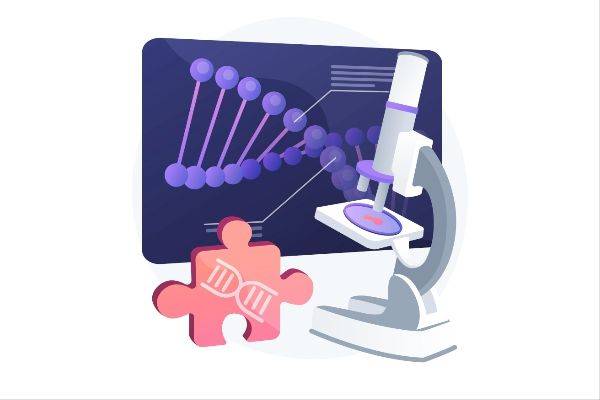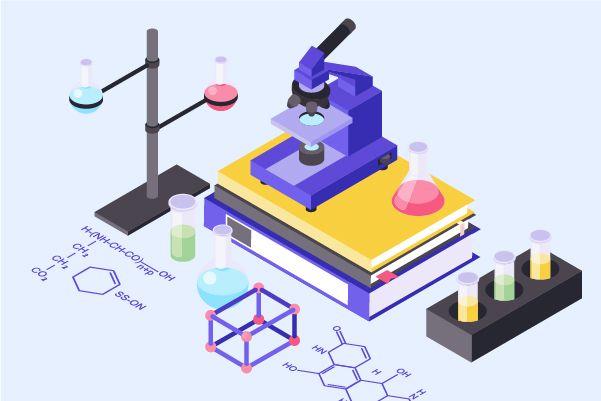Request Demo
Recent blog posts
"What" Series
2 min read
What is Transdermal Administration?
3 April 2024
Transdermal administration is a drug delivery method that involves the application of a medication on the skin to deliver therapeutic agents directly into the bloodstream.
"What" Series
2 min read
What is Drug Interaction?
3 April 2024
A drug interaction occurs when two or more drugs interact in the body, affecting the efficacy or safety of one or both medications.
"What" Series
3 min read
What is Drug Monitoringa?
3 April 2024
Drug monitoring, in the context of healthcare and pharmacology, refers to the process of tracking and evaluating the use, safety, efficacy, and overall impact of medications in clinical practice.
"What" Series
2 min read
What is Targeted Therapy?
3 April 2024
Targeted therapy is a type of cancer treatment that uses drugs or other substances to specifically attack cancer cells without harming normal cells as much as possible.
"What" Series
2 min read
What is Drug Delivery System?
2 April 2024
A drug delivery system is a method or technology used to transport a pharmaceutical compound into the body to achieve a therapeutic effect.
"What" Series
2 min read
What is Drug Safety Evaluation?
2 April 2024
Drug safety evaluation is the process of assessing the safety profile of a pharmaceutical compound throughout its development, from preclinical stages to post-marketing surveillance.
"What" Series
2 min read
What is Pharmacodynamics?
1 April 2024
Pharmacodynamics is the study of the biochemical and physiological effects of drugs on the body, including the mechanisms of action and the relationship between drug concentration and effect.
"What" Series
2 min read
What is Pharmacokinetics?
1 April 2024
Pharmacokinetics (PK) is the study of how a drug moves through the body, which includes the processes of absorption, distribution, metabolism, and excretion.
"What" Series
2 min read
What is Bioequivalence?
29 March 2024
Bioequivalence is a pharmacological term used to describe the similarity in the pharmacokinetic profiles of two drug products, usually a brand-name drug and a generic drug.
"What" Series
2 min read
What is Bioavailability?
29 March 2024
Bioavailability refers to the extent and rate at which the active ingredient of a drug or nutrient is absorbed into the circulation and becomes available at the site of action within the body.
"What" Series
2 min read
What is Preclinical Research?
29 March 2024
Preclinical research refers to the scientific studies conducted on potential drugs or medical devices before they are tested in humans.
"What" Series
2 min read
What is Active Pharmaceutical Ingredient?
29 March 2024
Active Pharmaceutical Ingredient (API) refers to the main substance in a drug that provides the therapeutic effect.
